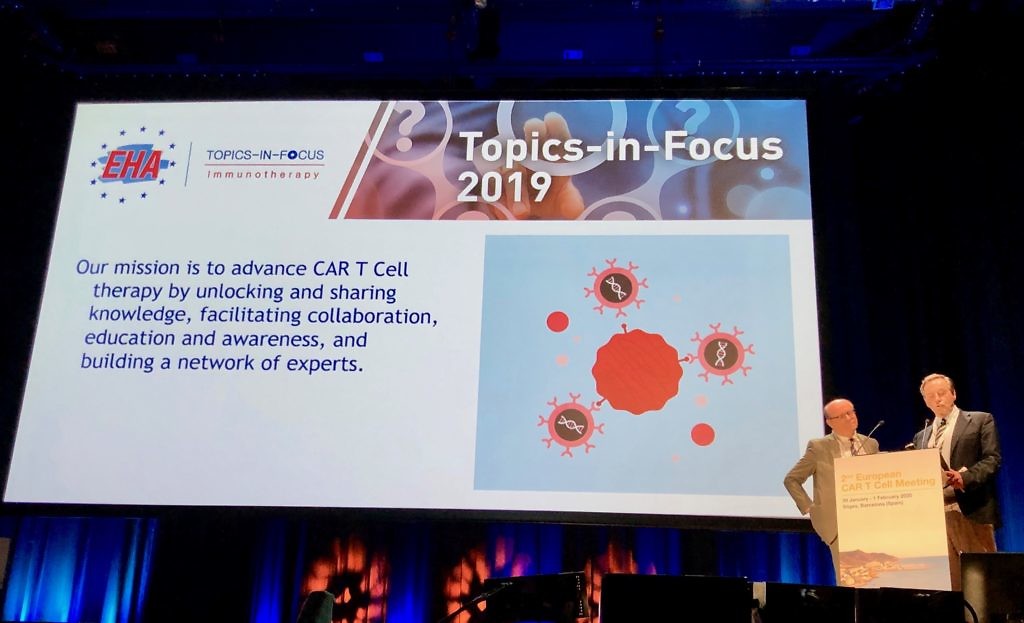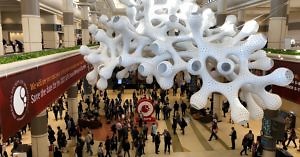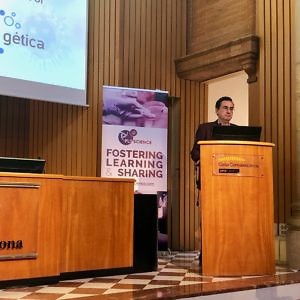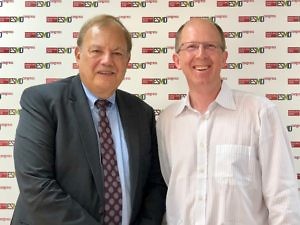Exploring the immunological links between lung cancer and Covid–19
We are living in exceptionally challenging times and our thoughts are very much with all those healthcare professionals at the front line in the battle against Covid–19.
For people living with cancer, particularly those who have stage IV disease, the stark reality – in the UK and even some States in the US – is an ICU bed may not be available if they come down with the severe form of the disease.
When it comes to cancer research most labs, with the exception of those working on Covid–19, are now closed, but there is still data coming out to keep us all going as we work from home. ASCO20 will be a virtual meeting this year, while AACR will likely have some virtual presentations later in April. There are also plenty of publications coming out in journals from work already completed.
In this post we’re looking at newly published research and one possible immunological link between inflammation related to cancer and certain infectious diseases.
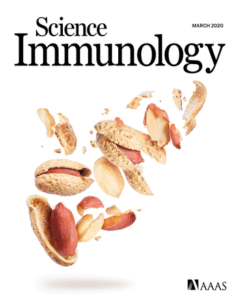 Last week we spoke to Dr Kamal Khanna (@Kamal_M_Khanna), Associate Professor at NYU Langone about research from his lab, which has just been published in the journal Science Immunology.
Last week we spoke to Dr Kamal Khanna (@Kamal_M_Khanna), Associate Professor at NYU Langone about research from his lab, which has just been published in the journal Science Immunology.
Although science is important, what matters most in these exceptional times is making sure everyone comes through it safely. Dr Khanna kindly spoke to BSB under embargo on Wed 25th March, where we also spoke about the surreal experience going on around him as we asked, how are things going with you in New York?
“It’s crazy. This has become the epicenter now. It just moved so fast here from having no cases and everyone wondering what’s going on to just explosion. Lab is shutdown, unfortunately. They’re allowing one person to go in at one time, in my lab just to maintain mouse colonies and do very limited experiments.
They’re allowing us to do the Covid–19 experiments, which we started just a few days ago, but also in a limited fashion. Those are the things we’re doing right now is simply plaquing the virus, and we have a few strains and we’re just testing growing them and so. We’re getting some limited human samples, but probably that will explode now. Our hospital has the most amount of Covid patients, so much so that they just made a makeshift morgue with a tent, unfortunately, right next to where we are.
So that’s the reality of where we are right now and hoping that this will peak at some point, they’re predicting in about 2 to 3 weeks that it would reach its apex and then all the social distancing and things that we’ve been doing, hopefully that will start to bring some of the numbers down, that’s the hope.”
In this post we offer an extended interview with Dr Khanna where we explore possible immunological links between inflammation in relation to cancer and infectious diseases and how research from his lab could generate new insights into cancer, as well as some potential impacts for Covid–19.
If you’d like to read our latest in-depth expert interview on cancer-related topics, please do consider supporting independent science journalism in these challenging and exceptional times.
To learn more from our oncology expert interview and get a heads up on insights emerging our latest analysis and commentary subscribers can log-in or you can click to gain access to BSB Premium Content.
This content is restricted to subscribers

